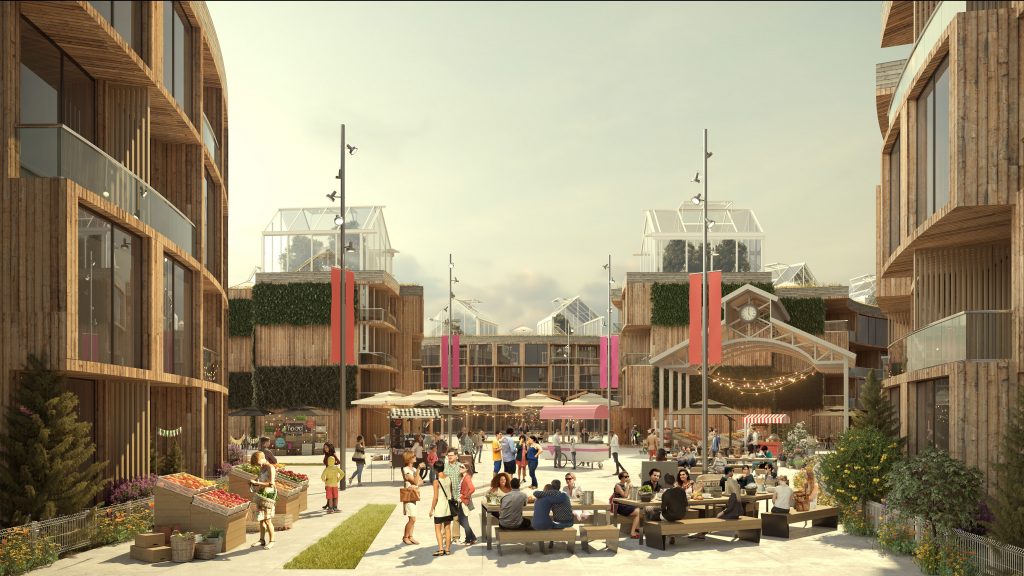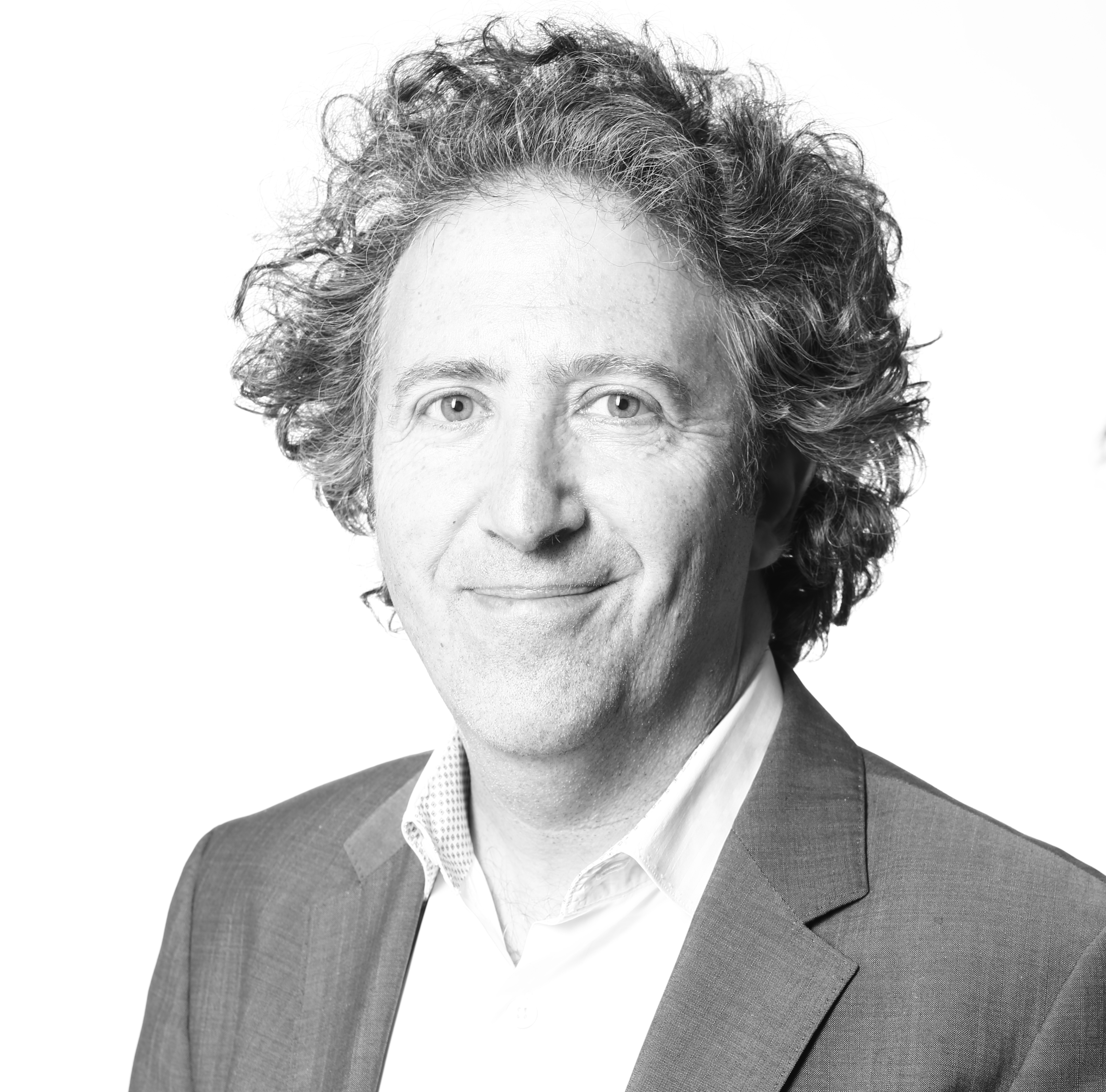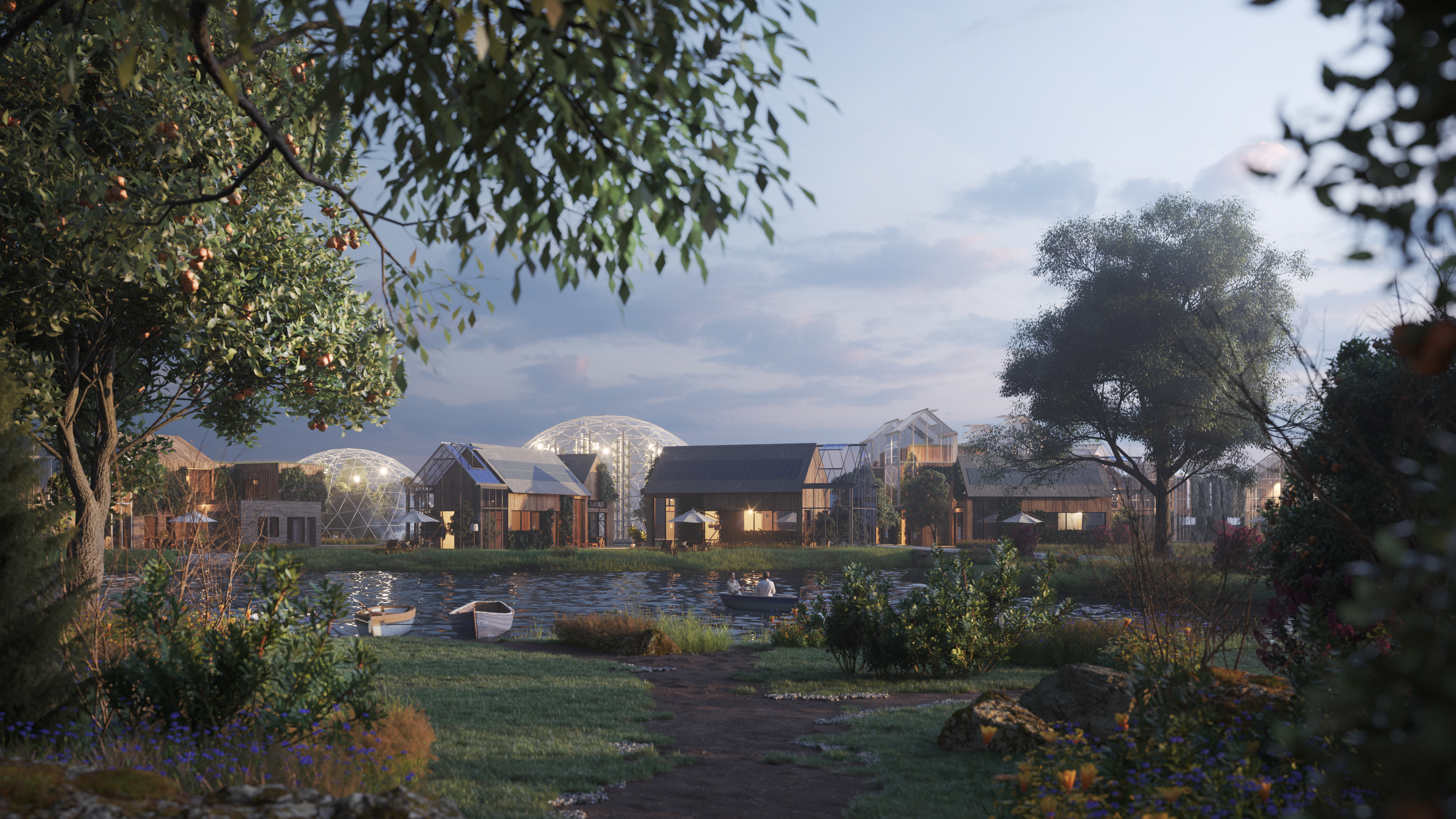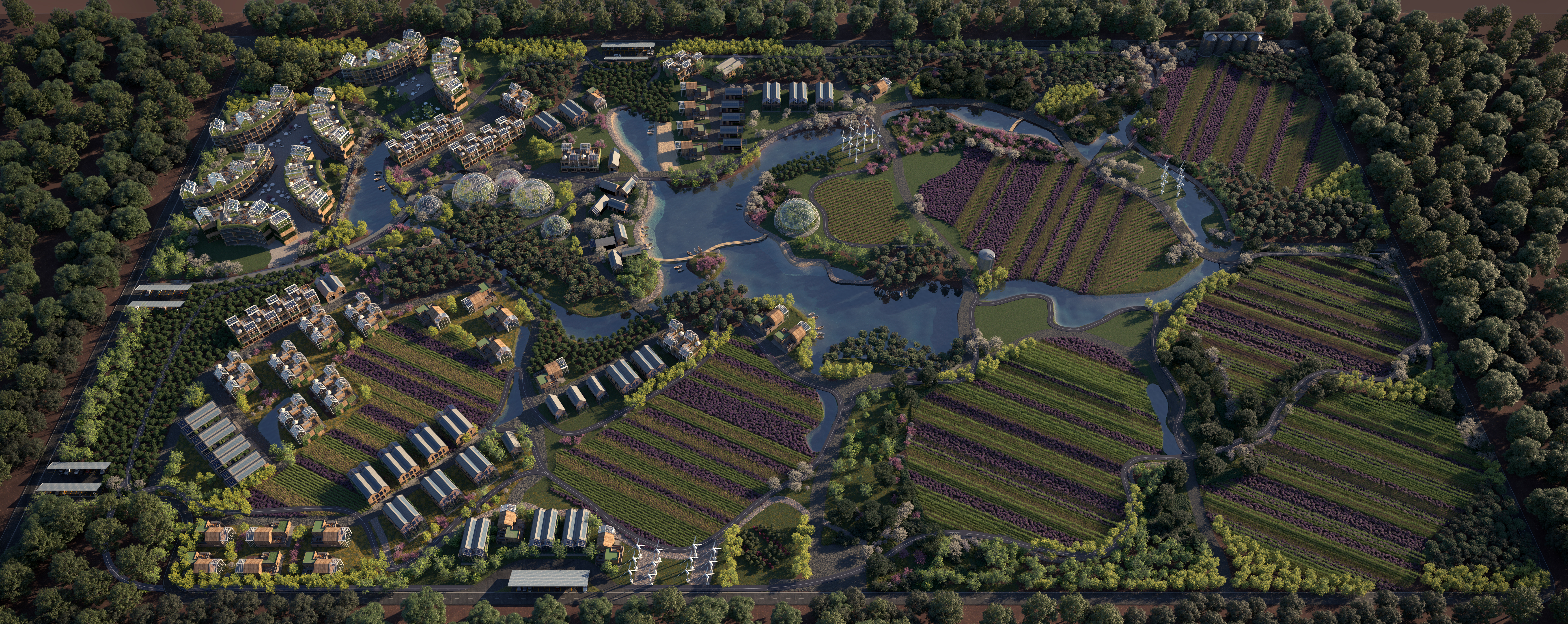Reimagining an Urban Future With Self-Sustaining Eco Villages
An entrepreneur-in-residence at Stanford University on his concept to create communities that combine tech and simple living.

If you could live in a self-reliant neighborhood where water, electricity and food all came from right outside your door, would you do it? James Ehrlich is the founder of a concept for self-sustaining communities called ReGen Villages. He’s also an entrepreneur in residence at Stanford University. He says that his concept — the first of which will likely be built near Amsterdam — has been years in the making.

Ehrlich, a New York native who eventually moved to Silicon Valley, has a wide-ranging background. He was first focused on video game development and then he says that around 2000, he started becoming interested in the farm-to-table movement in California that centered around “healthy and delicious food”, which is what led him to learn more about food systems and natural ecosystems.
Ehrlich says his work on the ReGen Villages draws inspiration from Rudolph Steiner, who Ehrlich calls the “godfather of permaculture and biodynamics.” He also credits his inspiration to Suzanne Simard, who coined the term “wood wide web,” in reference to the mycelial network of fungal intelligence and collaboration that exists under the forest floor. “This electrical biochemical interaction between plants, soil and the fungal network” made Ehrlich wonder, “could we possibly imagine a software connectivity to this?” At that point, the idea for a “Village OS” for ReGen Villages was born. The software system would allow “for the first time…the nutrient flows of a neighborhood” to be understood, explains Ehrlich.

“About six years ago some of my colleagues thought I was pretty crazy because the trend since 1950 has been toward cities…but growing up in Manhattan I always felt the near-suburban, and actually peri-urban and even further rural areas are actually the best case for the future of humanity,” says Ehrlich. But, he’s quick to point out that not “everybody needs to leave the city,” adding that it’s just important to simply start considering external areas to create communities.

As far as what ReGen Villages can offer minority communities, Ehrlich says, “we have to be looking at affordable, mixed generation cultural communities that celebrate diversity.” Some of the first ReGen neighborhoods are being planned for European regions near Amsterdam, Cophenhagen, Stockholm and Manchester. He says in the United States, he’s been looking at eastern Kentucky. Ehrlich says demand is high, so it’s just a matter of the political will to make these communities come to life.
